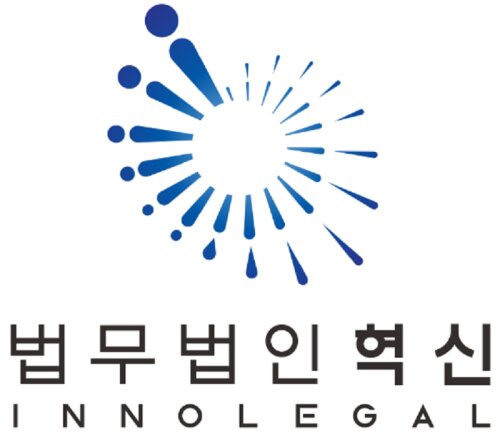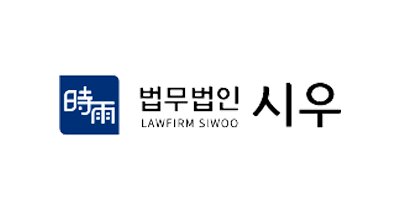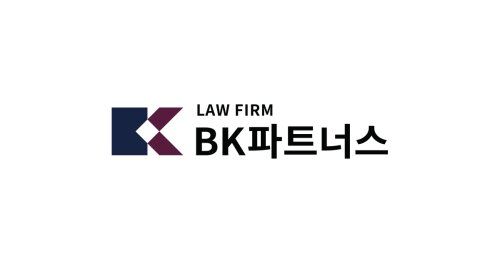Best Speeding & Traffic Ticket Lawyers in South Korea
Share your needs with us, get contacted by law firms.
Free. Takes 2 min.
Or refine your search by selecting a city:
List of the best lawyers in South Korea
About Speeding & Traffic Ticket Law in South Korea
Speeding and traffic ticket laws in South Korea are part of the country’s broader traffic regulation system, which aims to maintain road safety and order. The laws are enforced by the National Police Agency and local district police departments. Speed limits vary depending on the type and location of the road, with stricter limits in urban areas and school zones to ensure pedestrian safety. Traffic tickets can arise from offenses such as speeding, illegal parking, running a red light, and driving without a valid license. Offenders may receive fines, demerit points, or in severe cases, face the suspension of their driver's license.
Why You May Need a Lawyer
While many traffic offenses can be handled by paying a fine, there are situations where legal help may be necessary:
- Disputing a Ticket: If you believe a ticket was issued in error, a lawyer can help you challenge it.
- Severe Penalties: In cases involving potentially severe penalties, such as license suspension or involvement in an accident, legal representation can be crucial.
- Multiple Offenses: Accumulating several tickets can lead to more serious consequences, requiring a legal strategy to minimize impacts.
- Non-Korean Speakers: Foreigners who encounter language barriers may need help understanding their rights and navigating the legal process.
Local Laws Overview
The following are key aspects of South Korean traffic laws relevant to speeding and traffic tickets:
- Speed Limits: Typically range from 30 km/h in school zones to 120 km/h on expressways.
- Fines and Penalties: Fines are determined by the severity of the offense, and repeat offenders face multiplied penalties and demerit points.
- Demerit Points System: Accumulating certain points can lead to a license suspension or cancellation.
- Automated Enforcement: Increasingly used, with cameras monitoring speed and red-light adherence.
Frequently Asked Questions
1. What should I do if I receive a traffic ticket in South Korea?
You should review the ticket details and pay the fine within the specified period to avoid additional penalties. If you believe the ticket was issued erroneously, you may contest it through the local police.
2. How are speeding fines calculated?
Speeding fines are calculated based on how much the speed limit was exceeded. The severity of the fine increases with higher speeds.
3. Can I appeal a traffic ticket?
Yes, you can appeal a traffic ticket if you believe it was wrongly issued. You would typically file an appeal with the issuing authority or local court.
4. How are penalties different for foreigners?
Foreigners receive the same penalties as nationals, but communication barriers can complicate legal processes. It is advisable for non-Korean speakers to seek assistance from bilingual legal professionals.
5. What happens if I don’t pay my traffic ticket?
Failure to pay a traffic fine on time can lead to increased penalties, potential court summons, and potentially even travel restrictions for foreigners.
6. How can I check my driving points or record?
You can check your driving record by contacting the nearest police station or using online government portals, accessible with proper identification.
7. Are there any alternatives to paying a traffic fine?
While traffic fines must typically be paid, reduced penalties or alternative outcomes may be negotiated in certain cases, such as errors or extenuating circumstances.
8. Can traffic offenses affect my insurance premiums?
Yes, traffic offenses can impact your car insurance premiums, potentially leading to higher rates.
9. Is there a statute of limitations on traffic tickets?
The statute of limitations for traffic ticket fines is generally three years, after which uncollected fines can become unenforceable, though it varies based on specific circumstances.
10. How do red-light cameras work?
Red-light cameras automatically capture images of vehicles that run red lights, with fines issued based on the registered license plates.
Additional Resources
For more information and assistance regarding speeding and traffic tickets, consider these resources:
- National Police Agency: Provides guidelines and information on traffic laws and fines.
- Ministry of Land, Infrastructure, and Transport: Offers updates on road safety regulations and policies.
- Local Traffic Offices: Can provide guidance on traffic tickets and relevant local ordinances.
Next Steps
If you require legal assistance with a speeding or traffic ticket issue in South Korea, consider taking the following steps:
- Consult a Lawyer: Reach out to a licensed attorney who specializes in traffic law to assess your case and explore your options.
- Gather Documentation: Collect all documents related to your offense, including the ticket, evidence of the alleged violation, and any communication with authorities.
- Consider Mediation: For less severe offenses, mediation between you and the ticketing authority may result in a mutually agreeable resolution.
- Prepare for Court: If your case proceeds to court, ensure you are well-prepared with legal counseling and a clear strategy for presenting your defense.
Lawzana helps you find the best lawyers and law firms in South Korea through a curated and pre-screened list of qualified legal professionals. Our platform offers rankings and detailed profiles of attorneys and law firms, allowing you to compare based on practice areas, including Speeding & Traffic Ticket, experience, and client feedback.
Each profile includes a description of the firm's areas of practice, client reviews, team members and partners, year of establishment, spoken languages, office locations, contact information, social media presence, and any published articles or resources. Most firms on our platform speak English and are experienced in both local and international legal matters.
Get a quote from top-rated law firms in South Korea — quickly, securely, and without unnecessary hassle.
Disclaimer:
The information provided on this page is for general informational purposes only and does not constitute legal advice. While we strive to ensure the accuracy and relevance of the content, legal information may change over time, and interpretations of the law can vary. You should always consult with a qualified legal professional for advice specific to your situation.
We disclaim all liability for actions taken or not taken based on the content of this page. If you believe any information is incorrect or outdated, please contact us, and we will review and update it where appropriate.
Browse speeding & traffic ticket law firms by city in South Korea
Refine your search by selecting a city.

















